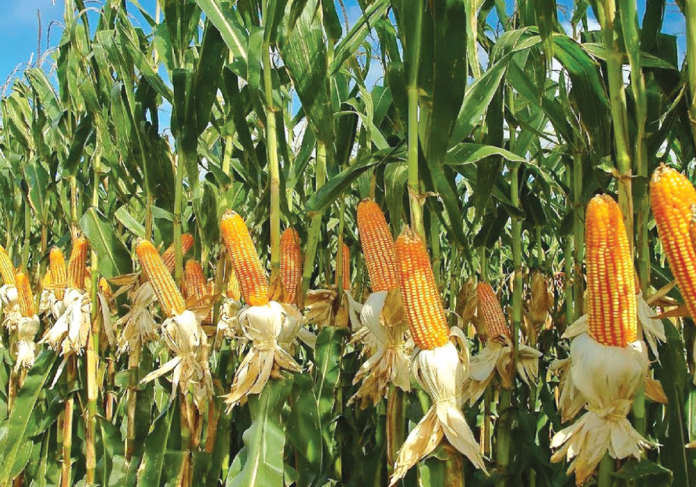News in brief:
â The Nigerian government has approved the commercial release of genetically modified (GM) TELA maize seeds, developed to be pest-resistant and drought-tolerant.
â With this approval, it is hoped that food production will receive a massive boost in Nigeria and other African states where the seeds are also being released.
In a potentially transformative move for agriculture, the Nigerian government has officially approved the commercial release of genetically modified (GM) maize varieties known as TELA maize seeds.
This decision opens the door for farmers to cultivate the pest-resistant and drought-tolerant crops, aiming to boost food production and security in the country.
The National Committee on Naming, Registration and Release of Crop Varieties, Livestock Breeds/Fisheries (NCNRRCVLF) granted the approval for four specific TELA varieties, namely: SAMMAZ 72T, SAMMAZ 73T, SAMMAZ 74T, and SAMMAZ 75T.
The green light follows an earlier environmental release approval from the National Biosafety Management Agency (NBMA) in October 2021, clearing the path for field cultivation.
Developed by the Institute for Agricultural Research (IAR) Samaru at Ahmadu Bello University Zaria in partnership with the African Agricultural Technology Foundation (AATF), TELA maize boasts promising characteristics. The varieties are resistant to stem borer and fall armyworm, common pests plaguing African maize crops.
Additionally, they exhibit drought tolerance, potentially leading to significantly higher yields. Other reports suggest a yield advantage of up to 10 tonnes per hectare compared to the national average of 6 tonnes for similar hybrids under optimal conditions.
However, the TELA Maize Project is not limited to Nigeria. It currently spans five countries in Africa; Ethiopia, Kenya, Mozambique, Nigeria, and South Africa. This broad implementation highlights the potential of TELA maize to contribute to food security and improved livelihoods across the continent.
Dr. Canisius Kanangire, Executive Director of AATF, applauded the Nigerian governmentâs decision, emphasising its potential to align with the national agricultural transformation agenda and enhance food and nutrition security. He reiterated AATFâs commitment to supporting farmers across Africa in overcoming challenges like insect infestations and drought.
Additionally, Professor Garba Sharubutu, Executive Secretary of the Agricultural Research Council of Nigeria, hailed the approval as a critical milestone. He said it showcases the potential of biotechnology in securing food and nutrition for Africaâs farming communities.



